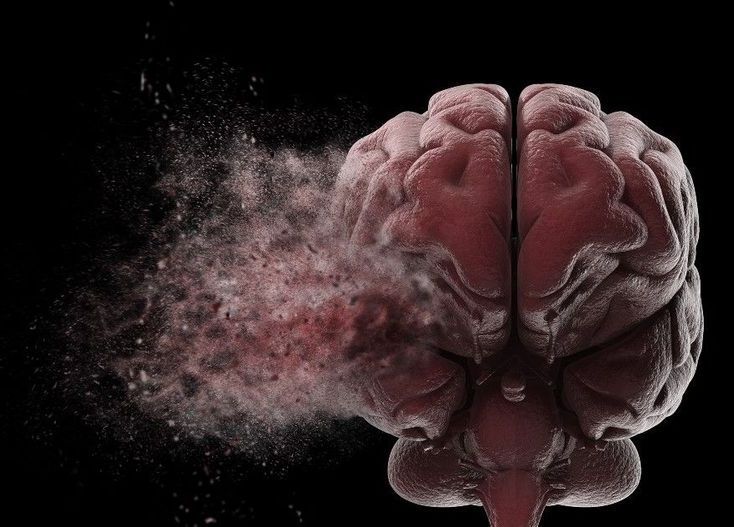Facility would enable U.S. engineers to perform tests without going overseas.


The grass really IS greener…in part because of tree-planting programs 💚.



How badly do we want this?
An incredible new nanotechnology could one day enable us to see in the dark. It works on mice, and there’s little to say it wouldn’t be equally effective on other mammals. The only drawback — how are you with needles to the eyeball?
Research led by the University of Science and Technology of China produced particles that adhere to light-detecting cells in the retina and help them respond to near-infrared (NIR) wavelengths.
The back of our eye, which is where the retina is, acts like a television screen in reverse. As the full spectrum of light falls on its cells, some wavelengths trigger chemical reactions we perceive as either colour or intensity.

Still, Estonia’s research prowess is an example of how quickly a small country can turn its scientific fortunes around with international support and well-designed domestic policies — and its success has drawn attention from other nations looking to build their scientific capacity. Latvia, for instance, borders Estonia and joined the EU at the same time. “We started from a very similar position,” says Dmitrijs Stepanovs, Latvia’s deputy state secretary and director of the higher-education and science ministry, but “now we are far behind and must try to catch up.”
A small nation found strength in research after joining the European Union.


If you’re sweating on a hot summer day, for example, the fabric allows heat to escape. But when the outside temperature is cooler and the air drier, and your body gets cooler, the fabric becomes more compact, retaining heat from the wearer’s body, researchers say. The researcher’s paper, “Dynamic gating of infrared radiation in a textile,” was published in the journal Science.
If you work in a large office building, there’s a decent chance you tailor your attire to two separate weather forecasts.
There’s the outdoor weather, an evolving state of dynamic atmospheric conditions dictated by seasonal patterns. Then there’s the indoor weather, an evolving state of arbitrary conditions dictated by an all-powerful being known as the building manager, an individual whose atmospheric whims unleash equal amounts of cursing and praise.
While you luxuriate in a cold blast of air conditioning on a hot summer day, your co-worker bundles under a fleece blanket, shivering and miserable.


The attack threatens users with location-tracking, DoS, fake notifications and more.
Privacy-breaking flaws in the 4G and 5G mobile protocols could allow attackers to intercept calls, send fake amber alerts or other notifications, track location and more, according to a research team from Purdue University and the University of Iowa.
In a paper presented at Mobile World Congress in Barcelona this week, the researchers explained that the issues arise from weaknesses in the cellular paging (broadcast) protocol. They started with the fact that when a mobile device is in its idle, low-power state, it will conserve battery life partly by polling for pending services only periodically.